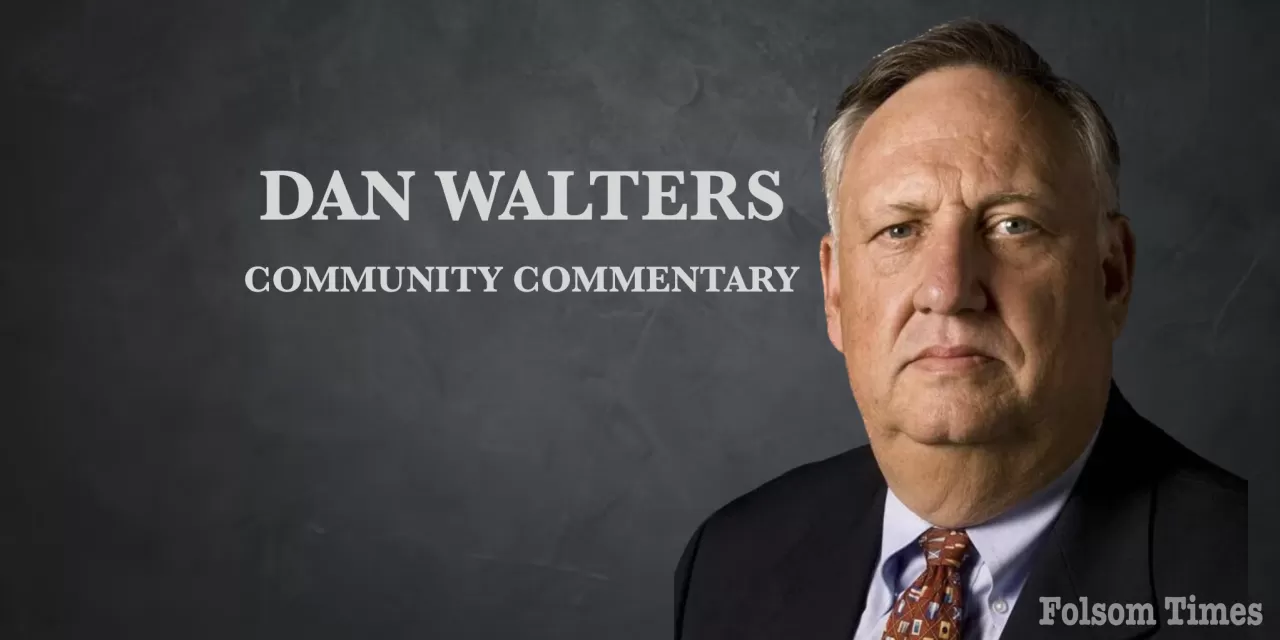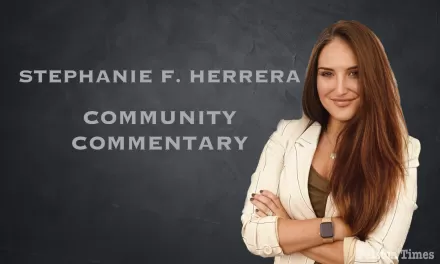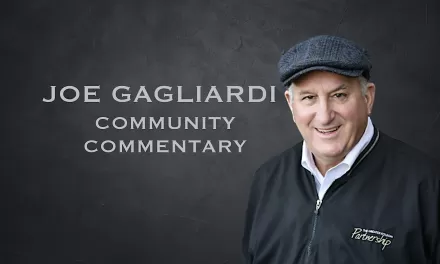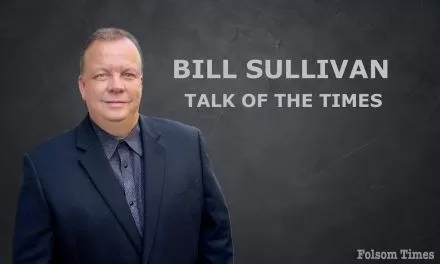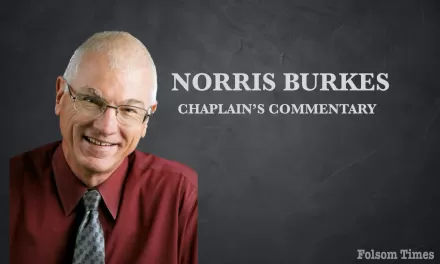Students at Sacramento’s McClatchy High School learned last month that if officialdom feels uncomfortable, it will trample on free speech.
The Prospector, McClatchy’s student newspaper, published a random collection of student remarks uttered in class or in the hallways, under the heading of “What did you say?” The last of nine items was an unnamed student saying, “Hitler’s got some good ideas” during a class discussion.
The remark could – and should – have been dismissed as a clear example of adolescent ignorance. But principal Andrea Egan overreacted, sent a message to parents saying she found the comment “alarming,” and suspended journalism adviser Samantha Archuleta.
Archuleta was told that the action was taken for “expressing insensitive comments toward students and staff, sharing confidential student information, failure to maintain a harassment-free class and environment” and “a lack of good judgment in the execution of professional duties.”
It was obvious punishment for Archuleta’s having defended her student journalists. She told The Sacramento Bee that the students “wanted to use a variety (of quotes) to show how varied the climate is on our campus from minute to minute. One moment they hear a harmless, funny, off-kilter statement, and in the same day they hear horrible things, like the Hitler quote.”
Despite Archuleta’s punitive treatment, Sacramento Unified School District board president Lavinia Phillips insisted in an article for The Bee that “no action has been taken against an employee or student because of the original comments printed in The Prospector.”
Not only did McClatchy’s administration trample on the First Amendment’s protection of free speech, but probably violated state education law, which protects the right of student newspapers to publish anything they wish unless it’s explicitly obscene, slanderous, libelous or inciting lawbreaking.
“It’s controversial, but that’s what free speech is,” David Loy, legal director of the First Amendment Coalition, told The Bee. “It is not harassment to simply publish newsworthy information that a student journalist overheard someone say.”
I took a particular interest in the McClatchy dustup because exactly 64 years earlier I had been suspended from high school for practicing journalism.
In 1960, Antelope Valley Union High School District in Los Angeles County had asked its voters to pass a tax increase, warning that rejecting it could result in canceling high school athletics. The measure failed and some students organized a walkout to protest.
At the time, I was editor of AV’s student newspaper, the Sandpaper. The protest organizer was a fellow member of the student council and a football player. Although I was not one of the organizers, shortly before it happened he asked me to let the local newspaper, the Ledger-Gazette, know about it. The only phone in those pre-cellphone days was in the administration office and someone overheard me making the call to the editor, with whom I was acquainted.
Campus demonstrations were very uncommon in 1960. The administration overreacted and called the cops to suppress the protest. It got a little out of hand.
The principal suspended me and the organizer because we were the only names he had and I was already on his troublemaker list because of various Sandpaper articles. He also threatened to ruin any chances we might have for college scholarships if we appealed the suspensions.
In retrospect, it was a life-changing event. I learned that officials – even school administrators – hate bad publicity and will retaliate against the messengers if they can. But I also learned that it’s fun to watch them squirm when journalists do things they don’t like.
Later that year, I dropped out of high school and began a career in journalism. It’s still fun to watch them squirm, as the kids at McClatchy High are hopefully learning.
Dan Walters is a journalist and author who writes commentary for CALmatters.org, a nonprofit, nonpartisan media venture explaining California policies and politics. Folsom Times is an authorized CalMatters media partner in an effort to keep our local community informed on statewide matters across the region. The views expressed in all commentaries does not necessarily represent those of Folsom Times, its stakeholders or staff.
